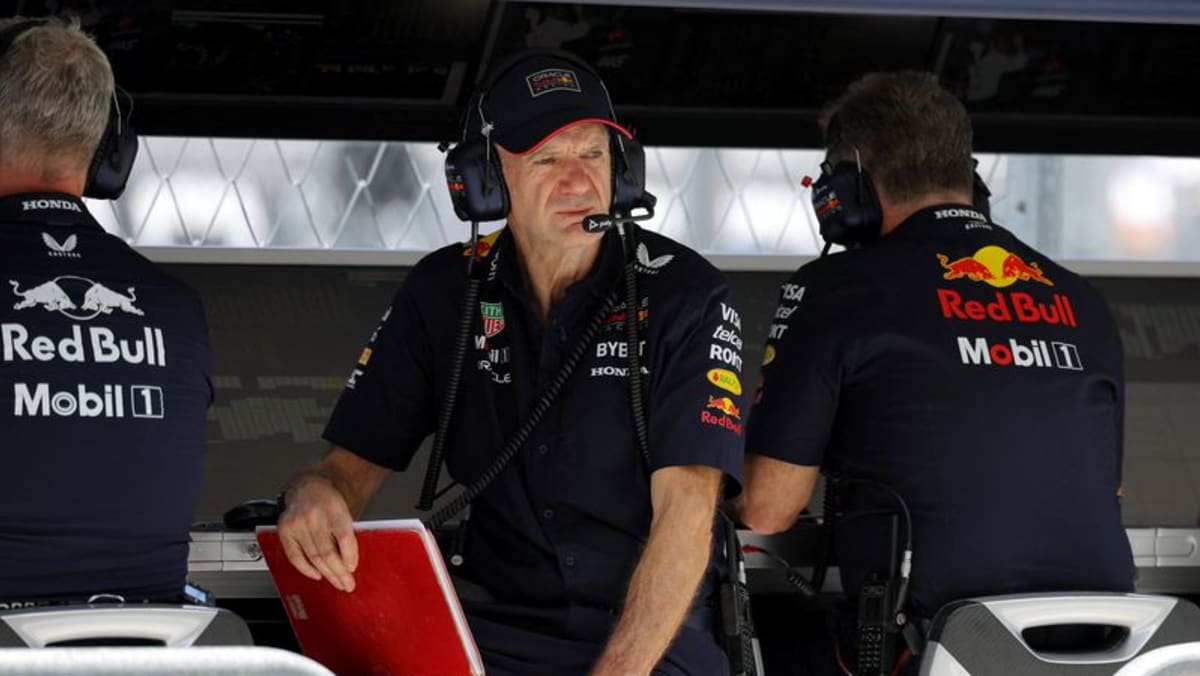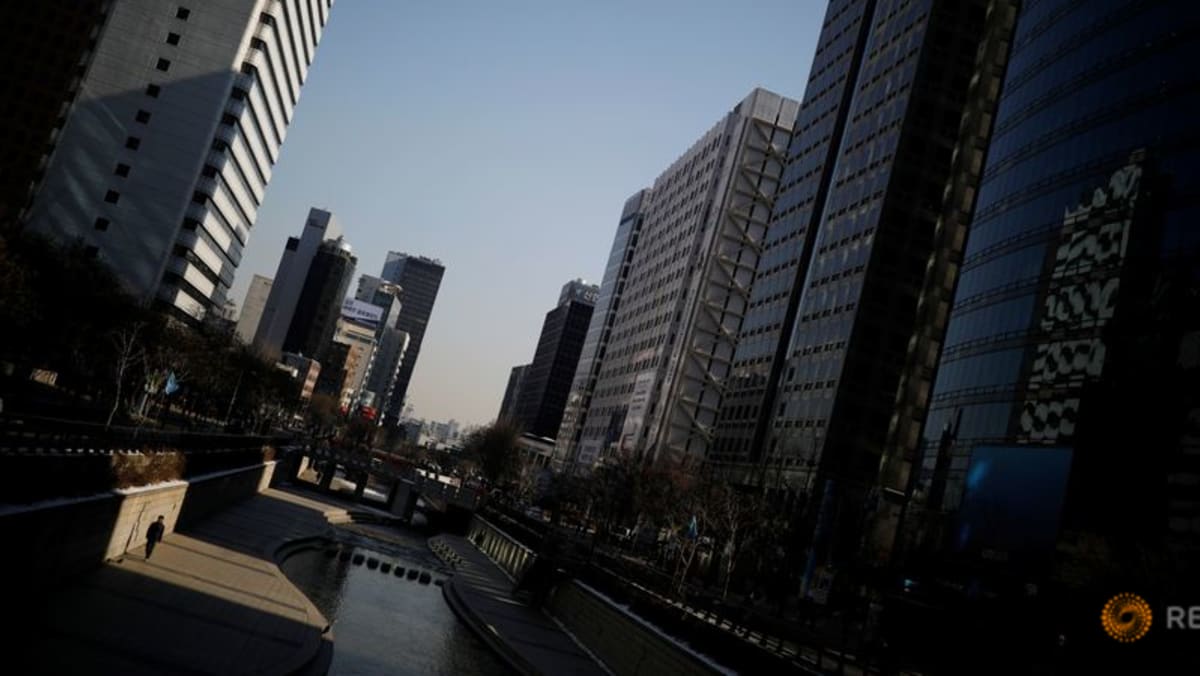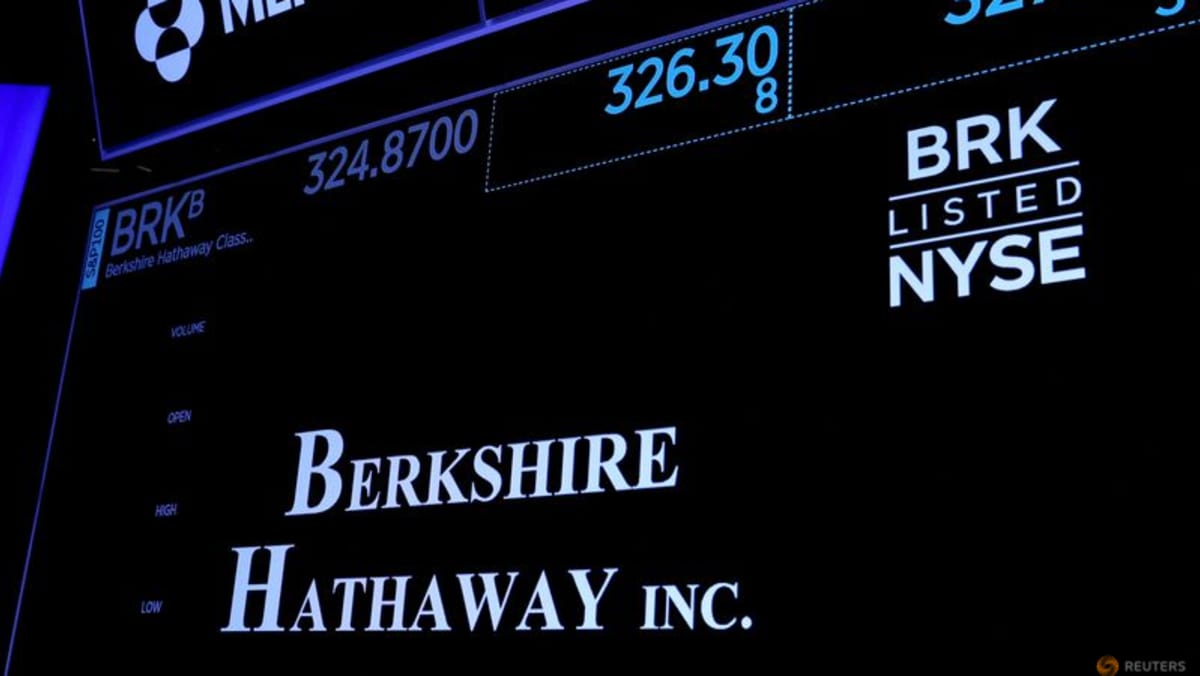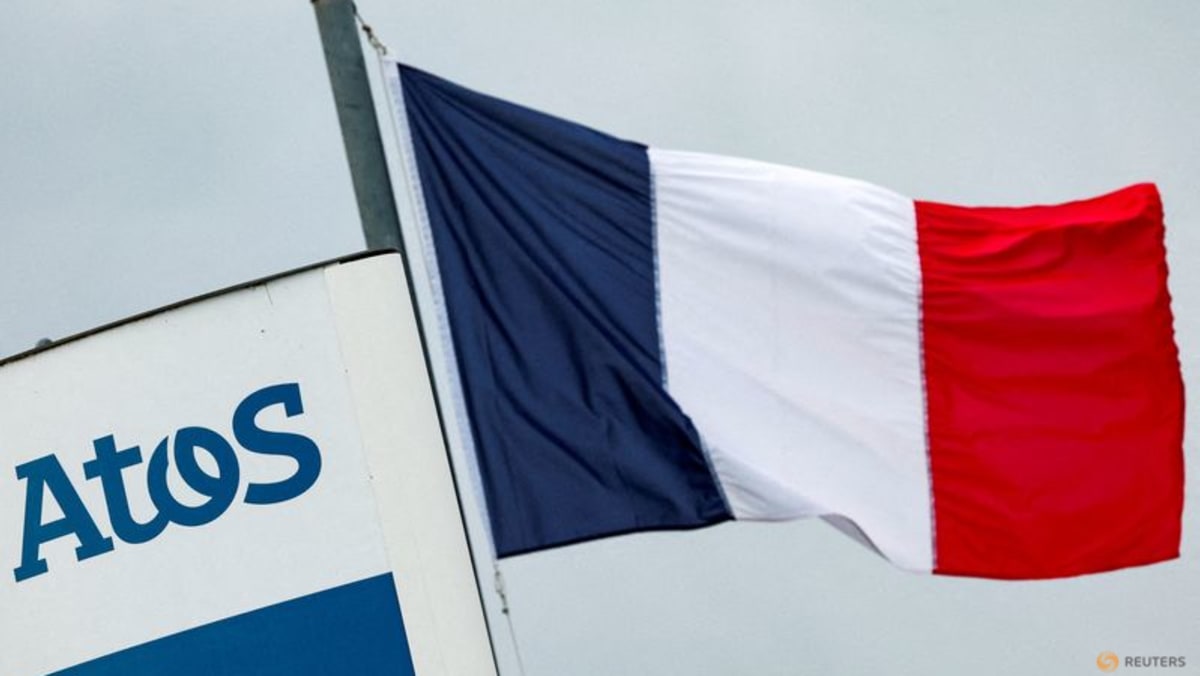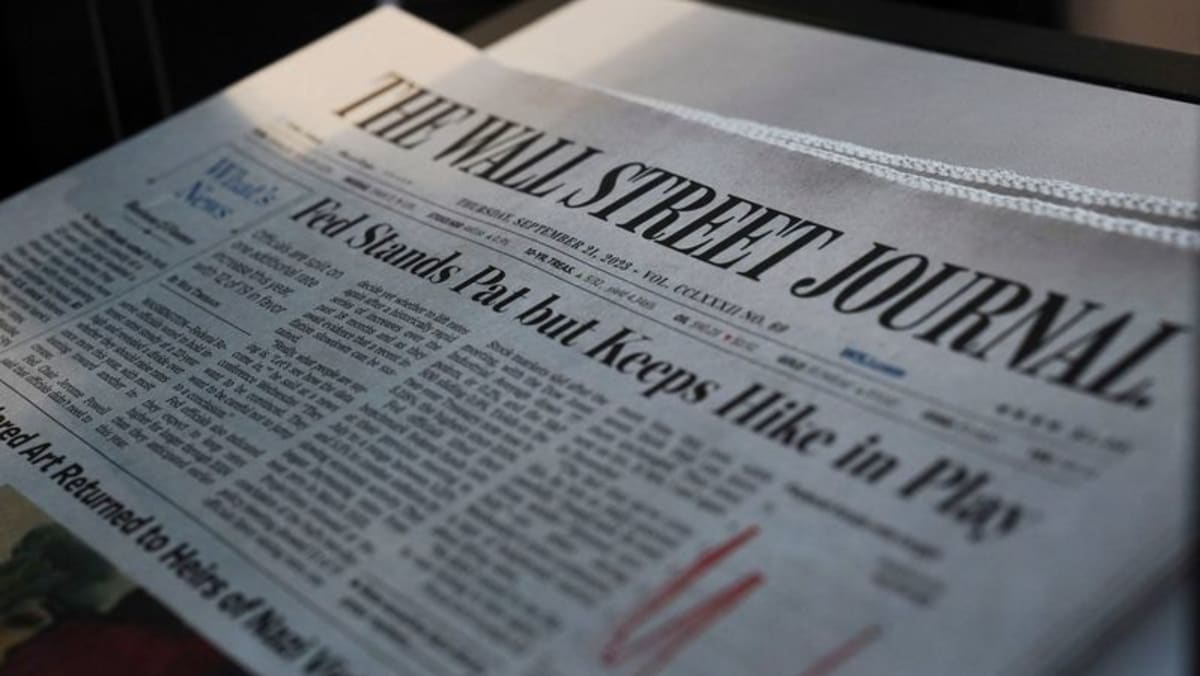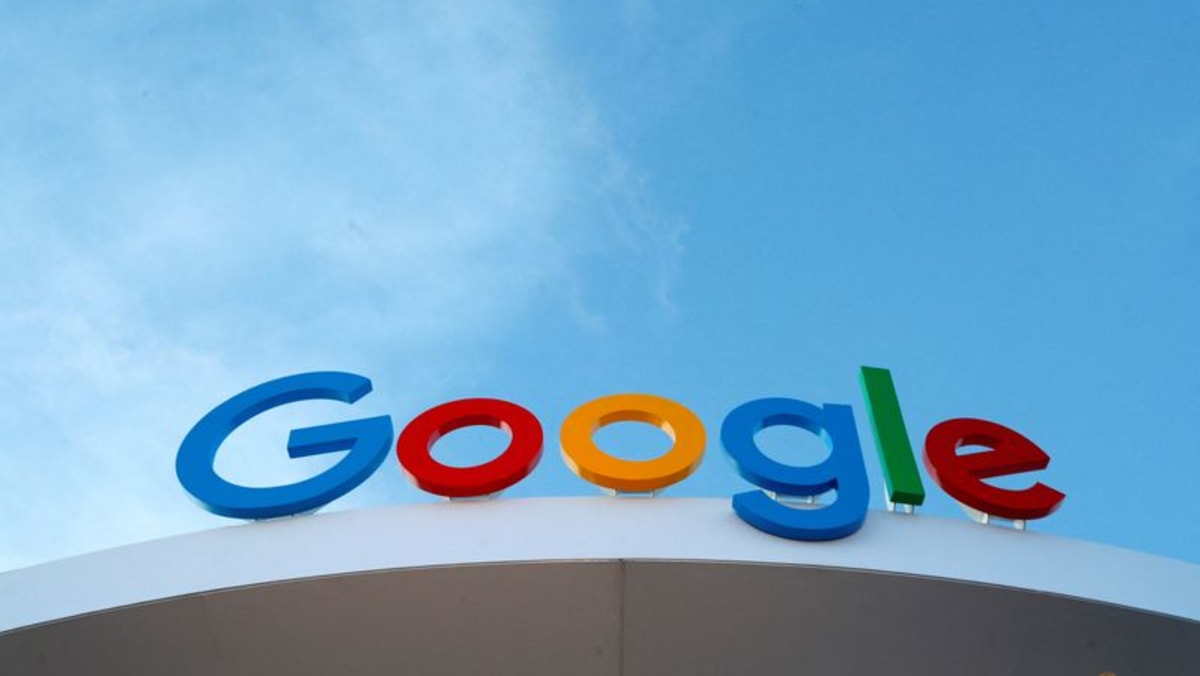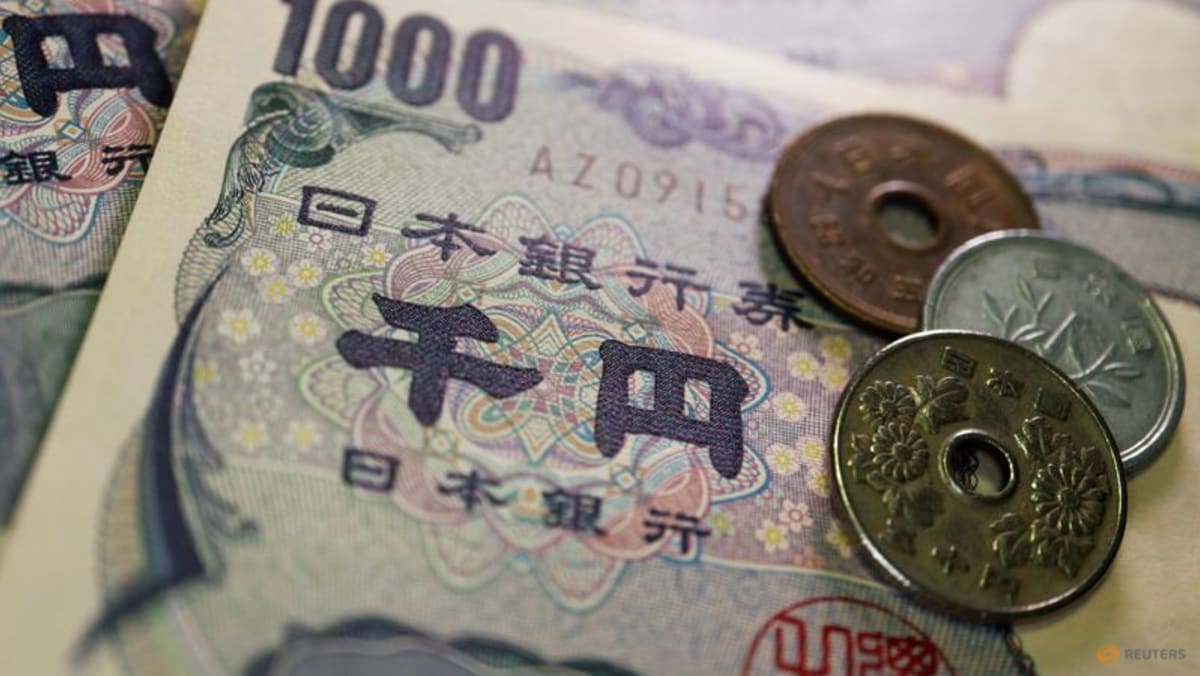SEOUL :The South Korean economy grew at the fastest pace in more than two years in the first quarter beating all estimates with a pick-up in domestic consumption and robust exports, but the market questioned if the recovery was sustainable.
Gross domestic product (GDP) for the January-March quarter was 1.3 per cent higher than the preceding three months on a seasonally adjusted basis, the sharpest expansion since the fourth quarter of 2021, data from the Bank of Korea (BOK) showed.
That comes after an expansion of 0.6 per cent in the prior quarter and compares with a median forecast of 0.6 per cent in a Reuters survey of economists.
Growth in domestic demand was the main factor underpinning the stronger-than-expected GDP, said Shivaan Tandon, an economist at Capital Economics, referring to a 0.8 per cent gain in private consumption after a 0.2 per cent increase three months earlier.
“The data offer encouraging signs that the worst might be over for consumption in Korea but with the labour market weakening and debt service burdens likely to remain high, we aren’t convinced that today’s data mark the start of a strong recovery,” he said in a report.
On an annual basis, Asia’s fourth-largest economy grew 3.4 per cent, compared with a gain of 2.2 per cent in the fourth quarter of 2023 and an increase of 2.4 per cent expected by economists.
The central bank said at its last rate decision meeting that there was a possibility the economy would grow at a faster pace in 2024 than its earlier projection of 2.1 per cent. In 2023, the economy grew by a three-year low of 1.4 per cent.
“It’s too early to tell if consumption has turned the corner,” a BOK official said at a news briefing after the data was released.
“Growth seems to be stronger than our February projections and this will be reflected in the bank’s next review of forecasts next month. Geopolitical risks from the Middle East, as well as forex and uncertainty over the inflation outlook will be reflected.”
Exports expanded 0.9 per cent from three months earlier, slowing down after a 3.5 per cent expansion in the fourth quarter.
Facility investment fell 0.8 per cent and construction investment rose 2.7 per cent. Government spending was 0.7 per cent higher.
While exports grew for a sixth consecutive month in March, consumer spending in the country has been weak with interest rates having stayed at high levels for a prolonged period, raising concerns about uneven economic recovery.
The BOK said earlier this month greater uncertainty on the inflation outlook and the strength of exports argued against a near term push to cut interest rates, as the central bank left the policy rate steady at a 15-year high.
Ahead of the GDP data, analysts were expecting the BOK to deliver a 25 basis-point cut in both the third and fourth quarters, taking the benchmark rate down to 3.00 per cent by the end of this year from 3.50 per cent, currently.
“We are sticking to our view that BOK will probably cut interest rates in July as core inflation has been easing, but will monitor if robust growth data takes the BOK to a more hawkish standing,” said Park Yun-jung, an analyst at NH Investment & Securities.

